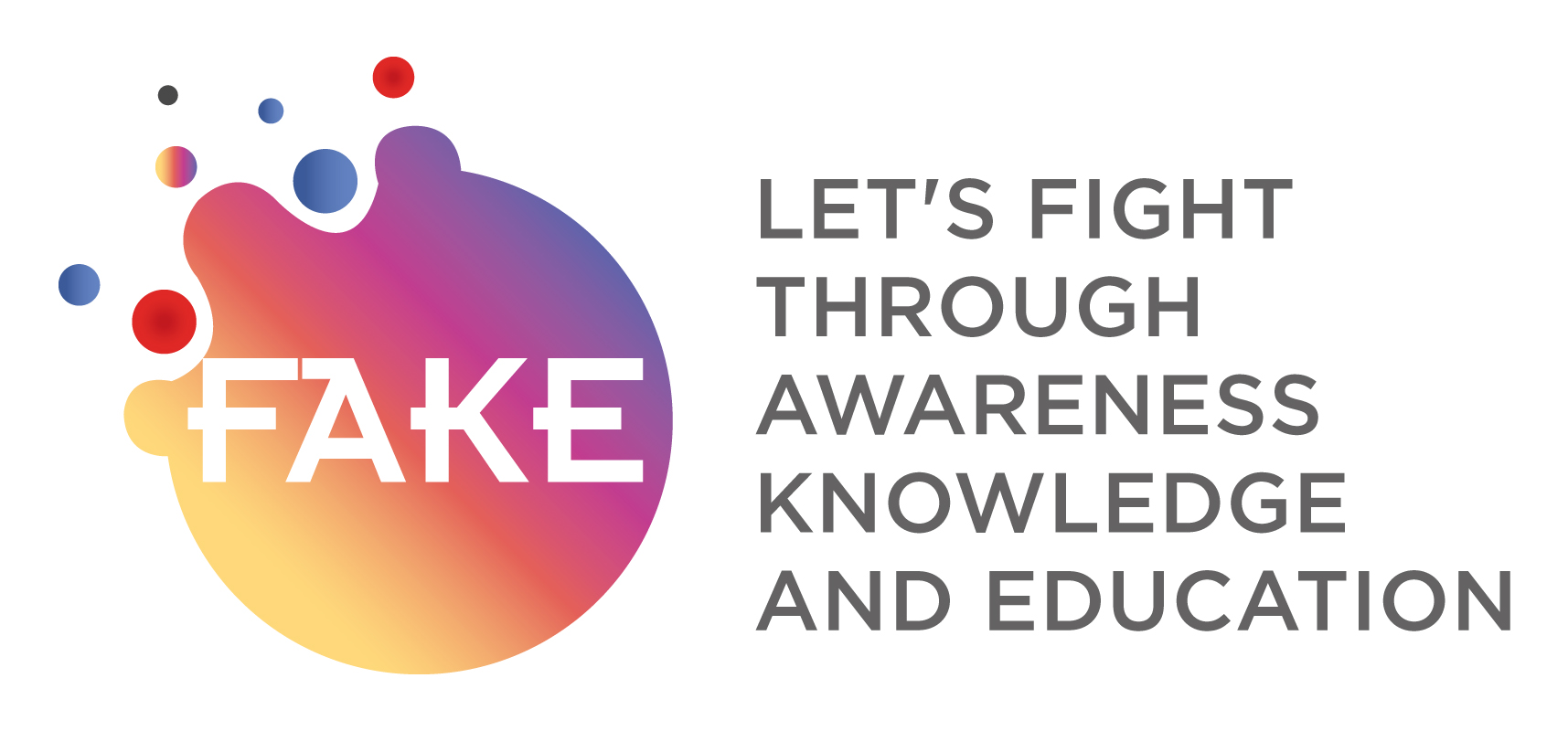Project Description
MiStra wanted to maximise the impact of effective existing practices at European level on migrants and minorities’ inclusion in cities in need, involving policy makers, VET stakeholders and civil society and migrant communities as key actors. Operational objectives were:
- Exploit education and vocational training measures as means to facilitate social inclusion and job placement of migrant people, including marginalized cultural minorities and Roma people. A number of practices and measures are available at European and local levels to foster labour and social inclusion for weaker target groups. Our project directly faced the difficulties often encountered at city level to know, select and adopt such practices. The transfer and mentoring model planned is aimed at supporting both transfer and receiving contexts in gradually addressing and responding to these needs.
- Facilitate and systematize the further exchanges between local welfare systems. MiStra provided practical tools and guidance, such as an improved need analysis model and exchange matrix; a toolkit for local administrators and policy makers to assess their needs, strengths, weaknesses and prepare a local action plan on migrants and minorities’ integration.
- MiStra mainstreamed the issues linked to integration, social inclusion and VET quality in cities’ political agendas. The project based upon the positive perspective of diversity and migration as resources for the communities rather than problems to resolve. The direct involvement of all actors and stakeholders concerned, including a number of policy makers, is based upon the share of the vision of modifying services to match changing needs.
- Sharing and disseminating knowledge and competences on migrant and minorities’ social inclusion. A European database of best practices from transfer, receiving and external contexts was built and used as a basic dissemination tool within the European relevant networks and at local level;
- Preventing and contrasting racism and marginalisation phenomena at different levels, namely in policy, on the job and in daily life. The common approach behind each good practice transferred aimed at the prevention and combating discrimination in different levels and sectors of society, acting on culture and misperceptions of migrant and Roma people, raising awareness on migration issues, facilitating the civil and political participation of migrant and minorities in a perspective of citizenship, but also reinforcing common dialogue and knowledge against stereotypes and prejudges in policy, VET and daily life.
Multiculturalism is a resource of enormous potential, as recognised by the EU2020 strategy. Integration of migrants and minorities – including Roma people, is a priority theme at European and local level. The challenges concerned are many and cannot be faced singularly: employment rates are connected to the education and training levels of the people, as well as to their correspondence to labour markets; lack of employment opportunities easily leads to social exclusion and poverty; the higher is social exclusion, in particular of migrants and minorities, the higher is the risk of appearance of phenomena of discrimination, racism and stigmatization toward them.
MiStra built a cross-sector approach, linking VET policies with social and welfare systems, as a relevant way to properly address the issue. The project identified 4 city contexts where interesting integrate approaches were in place and 4 different city contexts needing to put in place or reinforce their knowledge and tools: Berlin (DE), Vienna (AT), Dublin (IE) and Bologna (IT) as “transferring cities” to Budapest (HU), Taranto(IT), Prague (CZ) and Burgas (BG).
Web:
- https://www.youtube.com/watch?v=r4fBWE_w0L0&index=3&list=PLMGMAHSJAfzFhCpnlXjbfgU18oKOwjfy6
- https://www.youtube.com/watch?v=NTuKLOl4K0M&index=4&list=PLMGMAHSJAfzFhCpnlXjbfgU18oKOwjfy6
- https://www.youtube.com/watch?v=qdaCVWO6_xg&index=7&list=PLMGMAHSJAfzFhCpnlXjbfgU18oKOwjfy6
- https://www.youtube.com/watch?v=CoTR8vVwWUY&index=8&list=PLMGMAHSJAfzFhCpnlXjbfgU18oKOwjfy6






